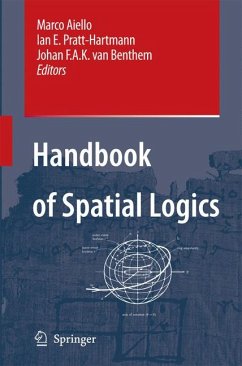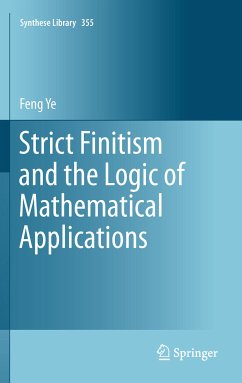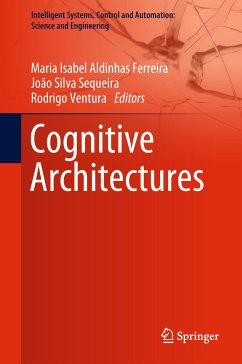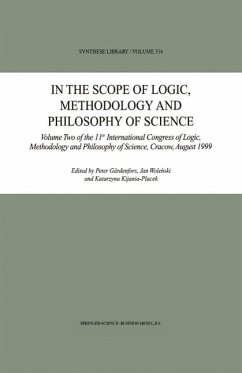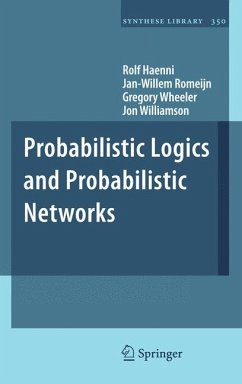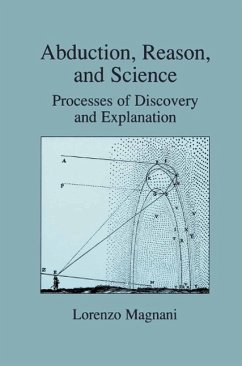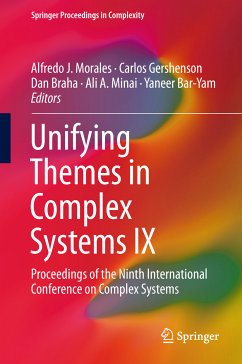produced an enormous synergy that has both redefined these fields and deeply influenced the way we do science. Contemporary Logic--with its new, exciting tools--continues this tradition in a robust fashion, as well as adding prominent dynamic and information components to the mix. This Handbook covers the extensive, amazing new developments in spatial reasoning. It has the potential to revolutionize the field in much the same way that Analytic Geometry and Group Theory did in their time."
Sergei N. Artemov, Distinguished Professor of Computer Science, Mathematics, and Philosophy New York"The geometry and dynamics of space has motivated much mathematics, but the logic of spatial concepts has spawned a relatively modest literature to date, in contrast also to the logic of time. This prodigious volume changes that picture significantly. It provides a wealth of fascinating material that will be of wide interest from formal, physical and philosophical perspectives. Many of its chapters are substantial monographs in their own right. The book will stimulate further research into ideas that are fundamental to our understanding of the world around us."
Robert Goldblatt, Professor of Mathematics, VictoriaUniversity of Wellington"This collection redraws boundaries in an imaginative way. There is a common theme through all the fifteen chapters, namely that they all report interesting recent work on how to represent spatial arguments within limited formalisms. But this is hindsight; the original motivations were widely different, ranging from image processing to foundations of physics, and from computational complexity to whole-part structures. Besides making available many things that deserve to be better known, the book invites us to find the logical viewpoint that unifies them."
Wilfrid Hodges, School of Mathematical Sciences, Queen Mary, University of London"Logics of time have been developed over several decades. Logics of space promise to be much harder, and this book contains many promising attempts, some of which will have applications to artificial intelligence, especially to robotic manipulation of solid objects."
John McCarthy, Department of Computer Science, Stanford University"The problem of precisely understanding the relationship between spatial and logical structure has been an outstanding issue in logic, philosophy, and mathematics since at least the time of Immanuel Kant. The Logic of Space provides an up-to-date and accessible introduction to the current state of discussion of this problem in the light of recent work in logic and computer science."
Michael Friedman, Department of Philosophy, Stanford University"The editors deserve congratulations for commissioning and brining together top-notch contribution on a wide variety of concern in philosophy, logic, and computing science under the rubric of spatial logic. The idea of grouping together several papers on a subfield has worked very well. The index seems adequate, and I can't think of my aspect of the subject that has been left out. Apart from being a reference, this handbook also serves to cover the entire field of spatiallogics." (K. Lodaya, Computing Reviews, January, 2008)
"Publishing a handbook like the present one is without doubt a very deserving achievement. ... Many leading experts could be won as contributors so that a high-level and fascinating work accrued, being frequently along the lines of a golden thread through space. The well edited book is divided into fifteen chapters ... . the work tends to be a readable textbook ... ." (Bernhard Heinemann, Zentralblatt MATH, Vol. 1172, 2009)
